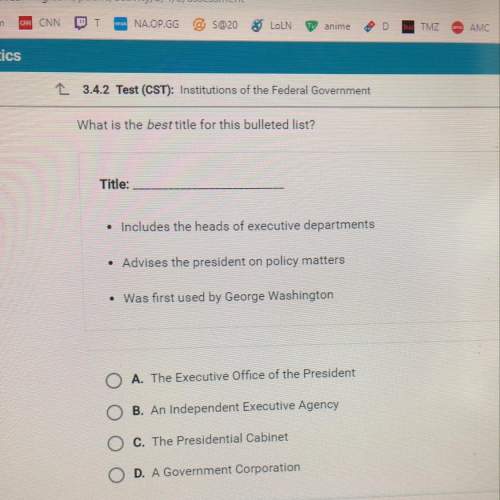
Refer to the passage.
"4. The dictatorship of the proletariat must be the lever for the immediate expropriation of capital and for the abolition of private property in the means of production and their transformation into national property. The nationalization of large-scale industry (nationalization being understood as the abolition of private ownership and transference to the ownership of the proletarian State, to come under the socialist management of the working class) and of its organizing centres, the banks; confiscation of the estates of the large landowners and nationalization of capitalist agricultural production; monopoly of wholesale trade, nationalization of large houses in towns and on large estates; introduction of workers’ management and centralization of economic functions in the hands of agencies of the proletarian dictatorship—these are the essential problems of the day.
5. In order to safeguard the socialist revolution, to defend it against internal and external enemies, to give aid to other national sections of the fighting proletariat, etc., it is essential to disarm the bourgeoisie and their agents completely, and to arm the proletariat.
6. The world situation today demands the closest possible contact between the different sections of the revolutionary proletariat and a complete union of the countries where the socialist revolution has already triumphed.”
Excerpt from "Invitation to the First Congress of the Communist International” explaining the aims and tactics of the newly formed Communist International, 1919
Which of the following best reflects how Soviet communism under Stalin exemplified the principles of Communist International?
The Soviet Union was a communist state that was led by a totalitarian government.
The Soviet union was a communist state that stayed isolated from other socialist countries.
The Soviet Union was a capitalist state that was run by elite members of regional councils.
The Soviet Union was a democratic state that placed economic decisions in the hands of the proletariat.

Answers: 3


Another question on History

History, 21.06.2019 14:00
Compare mr. white's feelings about the monkey's paw when he makes the first wish, second wish, and third wish. how does his attitude change? cite textual evidence from the selection to support your answer.
Answers: 2

History, 22.06.2019 05:40
What was one major cause of worldwide conflict during the first decade of the 21st century?
Answers: 1

History, 22.06.2019 07:00
What is the term of the negotiated that recognized both british and american claims in the northwest? joint controljoint occupationjoint mandatejoint agreement
Answers: 2

History, 22.06.2019 12:00
Can someone me with this ! i only have 20 minutes to finish it. i will rate you the brainliest and 5 stars.. asap (98 points)
Answers: 1
You know the right answer?
Refer to the passage.
"4. The dictatorship of the proletariat must be the lever for the immediate e...
Questions





Geography, 26.07.2019 06:00

History, 26.07.2019 06:00


Physics, 26.07.2019 06:00

Mathematics, 26.07.2019 06:00


Physics, 26.07.2019 06:00



History, 26.07.2019 06:00





English, 26.07.2019 06:00

Mathematics, 26.07.2019 06:00




